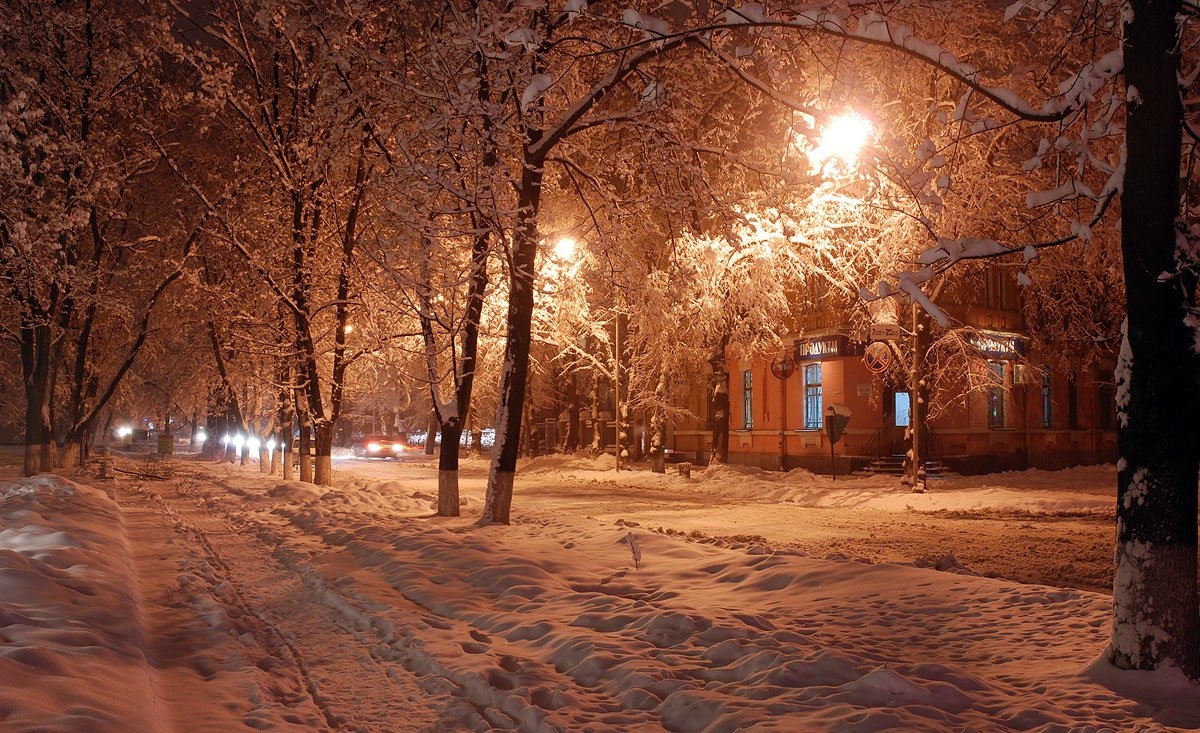Among many voices of young contemporary Russian poets, the poetry of Maria Stepanova is one of the most intriguing. Her first major collection Songs of Northern Southerners (2001) was so unusual, that the critics immediately called her poetic style a “new epic” and announced it as a new direction in the development of modern poetry in Russia. It was defined by the absence of the author’s presence or any kind of emotional interpretation of the developing story in the verses. Her poetic language is deceptively simple; the story in the verses develops without the emotional intervention of the author. But her ability of creating the dramatic undertones in the poetic story is outstanding.
The story usually starts as a non-emotional narrative staged in several small cities in a Russian province, but then the attention shifts to powers beyond the comprehension of the author, or the readers. Similar to Airman, or in The Prose of Ivan Sidorov the story develops into a metaphysical saga where ordinary Russian people or personages have certain places in the process. Among the main characters of The Prose are the drunken man, the chicken and the sleeping girl – an incredible combination of the personages…However, their place was only one part of the general movements of space and time which constructed the contemporary epic in the poetry of Stepanova.
The story in The Prose of Ivan Sidorov starts with the appearance of the main hero in the small provincial town somewhere in Russia:
In the provincial town, so to speak,
but in a low-minded way
with white steep cliffs,
with on-shore over the giant strides,
with the tubes of heavy industry,
with women, similar to the touch
like bottles with tight tops, arrives a drunken man.
The background around him is that of the peaceful Russian provincial city:
“The city, say, under the Snowy Shroud. The lights are off.
Carefully-painted, fences are dark, and even in the square there are no cops.
The new emptiness breathes a quilt,
the Moscow bullet train
that night, is about to depart.”
But this tranquility concealed the phantasmagoria of the incredible events starting with the meeting of the drunken man with the chicken and a sleeping girl and ending with the skirmish and the reunion of the heroes in the different reality:
In a waiting room a screaming hen runs across.
In the glass doors emerges a night patrol.
A sleeping girl – below the steering medium-sized adult bike –
and where is her mother? and who is she, trash?
Her eyes open, with nodes stands up –
and accounting, as if in water, into the arms of a neighbor
and “grandfather” murmurs with her lips, all uselessness,
but to sleep for some reason does not cease”….
…“A bullet train stretches along the platform,
long and silky, like a stocking.
The author draws on the memory
and stops the narrative,
leaving the hero to show us yet unknown talent.
The inner consonance with the historic development of Russian folklore and ballad poetry makes the poetry of Stepanova remarkable example of modern epic folklore. The Prose of Ivan Sidorov was first published on-line in 2006 at Vavilon.
Since 2007 Maria Stepanova has been the chief-editor of the Russian literary web portal OpenSpace.ru and the participant in the project Vavilon – publication of contemporary Russian literature on-line, started by Dmitry Kuzmin. Maria Stepanova is the recipient of several major international prizes for her poetry, among them the Joseph Brodsky Foundation memorial fellowship (2010).
Russian texts on-line in Zhurnalniy Zal.
[slideshare id=12185075&doc=rossia-120327215919-phpapp01]
From Airman by Maria Stepanova

“When he returned from there,
he screamed in his sleep and bombed towns,
and spirits appeared to him.
He used to get up to smoke and open the window,
our ragged clothes lay together in a heap
and I gathered up a bag for them in the darkness.
But that is nothing yet”.
Translated by Richard McKane
Excerpt from Russian text:
“Когда он вернулся оттуда, куда,
Во сне он кричал и бомбил города,
И духи казались ему,
Курить он вставал, и окно открывал,
Совместные тряпки лежали внавал,
И я в темноте собирала суму,
Но это еще ничего.
Копать приусадебный наш огород,
Семейного рода прикорм и доход,
Не стал он и мне запретил.
Не дал и притрагиваться к овощам.
Отъелся, озлел, озверел, отощал
И сам самокрутки крутил.
Но жизнь продолжала себя…”
Translations of the excerpts from the works of modern writers are made under Fair Use.
